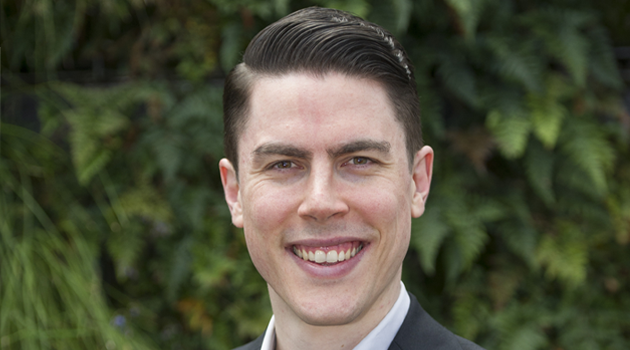Five of Deakin University's future scientific leaders were honoured with a Victorian Tall Poppy Science Award during last night's ceremony.
Dr Tanveer Adyel, Associate Professor Shariful Islam, Associate Professor Nicole Kiss, Dr Jake Linardon and Dr Wolfgang Marx are among 13 Victorian researchers celebrated this year by the Australian Institute for Policy and Science (AIPS).
The awards recognise excellence in emerging scientists and their research, as well as their enthusiasm for communicating science beyond the walls of the laboratory.
Dr Adyel was also named Victorian Tall Poppy of the Year - marking the second year in a row a Deakin recipient has been honoured with the title.
Deputy Vice-Chancellor Research Alfred Deakin Professor Julie Owens said the awards are a testament to the calibre of early career researchers at Deakin.
'I am proud to congratulate Dr Adyel, Assoc. Prof. Islam, Assoc. Prof. Kiss, Dr Linardon and Dr Marx on this significant achievement.
'As Victorian Tall Poppies, our emerging researchers will act as notable science ambassadors for the communities their work impacts. Our University is delighted to have such a strong talent pool of early career researchers who are encouraging young Australians to follow in their footsteps,' Professor Owens said.
The Deakin recipients are:
Dr Tanveer Adyel - Centre for Integrative Ecology (CIE), Faculty of Science Engineering and Built Environment
More than eight million tonnes of discarded plastic and microplastic end up in our oceans annually. Coastal wetlands, such as mangroves, tidal marshes and seagrass meadows, are significant sinks of plastic.
Dr Adyel's research aims to quantify the intensity and rate of plastic and microplastic accumulation and assess its impact on Australia's coastal wetlands. This work will benefit Australia in helping decision-making about reducing plastic and microplastic emissions and conserving coastal wetlands.
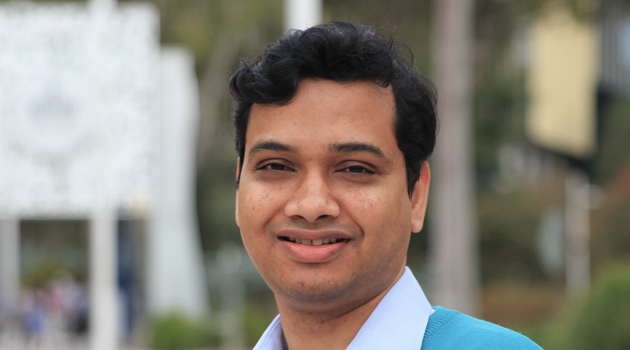
Associate Professor Shariful Islam - Institute for Physical Activity and Nutrition (IPAN), Faculty of Health
One person is admitted to hospital for heart failure every eight minutes in Australia. Nearly a quarter of people who are treated in hospital for heart failure are readmitted within 30 days of being discharged. The good news is that over half of these readmissions could be prevented by supporting people to manage their condition.
Assoc. Prof. Islam is using AI to detect early signs of heart disease and diabetes to improve disease management. The innovation means a person's healthcare team can respond quickly to changes in a person's condition before they become unwell.
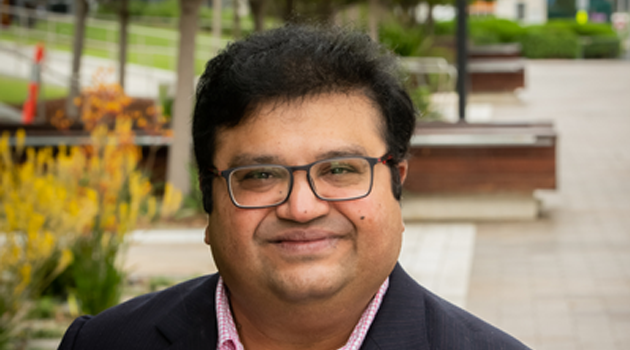
Associate Professor Nicole Kiss - Institute for Physical Activity and Nutrition (IPAN), Faculty of Health
A staggering 1 in 3 people with cancer are malnourished. People with cancer-related malnutrition are more likely to die sooner, have poorer quality of life and are less likely to complete their cancer treatment.
As an oncology dietitian, Assoc. Prof. Kiss' research is determining predictors for cancer-related malnutrition and muscle loss to facilitate early detection and intervention. Her current e-ENHANCE study is developing an online personalised nutrition and exercise intervention to improve access to evidence-based care for people with cancer-related malnutrition, particularly those treated within under resourced health services.
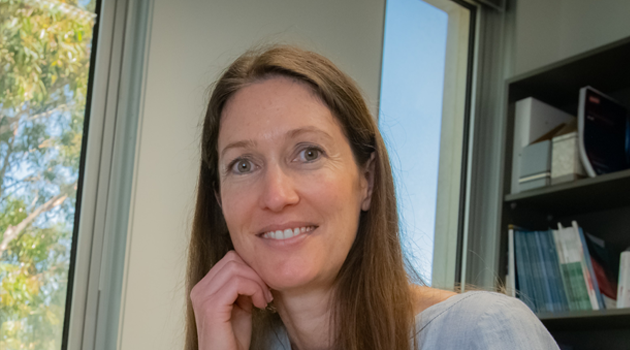
Dr Jake Linardon - Centre for Social and Early Emotional Development (SEED), Faculty of Health
Eating disorders are potentially life-threatening conditions if left untreated. Unfortunately, nearly 80% of people with eating disorders do not have access to evidence-based treatment for reasons related to high cost, limited therapist availability, and privacy and stigma concerns.
Dr Linardon's research involves capitalising on modern information technology (like internet and smartphone apps) to deliver free, scalable, and personalised treatment programs to people with an eating disorder who cannot access help through traditional means.
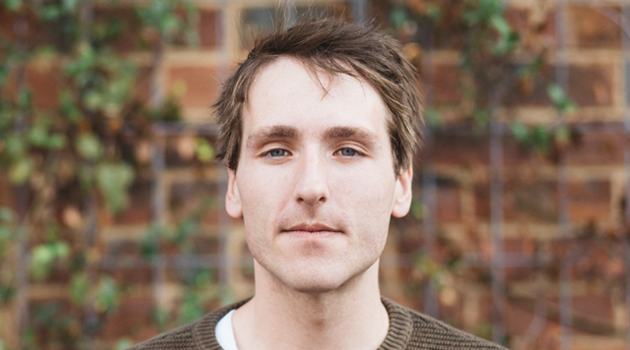
Dr Wolfgang Marx - Institute for Mental and Physical Health and Clinical Translation (IMPACT), Faculty of Health
The recent census revealed more than two million Australians are living with a mental health condition as a long-term illness. It turns out that what we eat and our lifestyle approaches can have a bigger impact on our brain, mood and mental health than previously thought.
As lead author, Dr Marx's recently produced a new set of lifestyle guidelines for treating depression. His research is tackling mental illness by improving the way we eat. This significantly will expand treatment options in the current climate where the global incidence of depression is increasing, and the mental health workforce is overstretched.
